Anyone reading the news pages of February’s Forecourt Trader can’t have missed the biggest topic of the month the imminent 1ppl fuel duty hike due in April. Of course, that ’penny a litre’ increase will translate into a rather larger figure at the pumps typically an extra 3-4ppl after VAT and whatever inflationary factors caused by the falling value of sterling and the ever-rising cost of raw crude are added. There was a lot of pious hope expressed by various senior figures in the industry that the rise might be ’deferred’ or even that the Prime Minister would follow through on his idea of a ’fair fuel stabiliser’.
to defer or not defer?
Given the endless succession of economic bad news (inflation, unemployment, business lending, etc) in the headlines every day, the government may just decide to do something popular and defer the next rise presumably until later in the year. The idea of introducing a ’fair fuel stabiliser’ however, appears to be wishful thinking on the part of all concerned. Not only is the Treasury addicted to the ever-increasing revenue it collects from motorists, but there would have to be quite a sophisticated administrative process and probably fresh legislation to make such an idea work. And, apart from running against the very grain of what the present government seems to be doing (as far as quangos and administration are concerned), it would take a great deal of time to consult with all interested parties and then build the appropriate mechanism. In other words, another one of those good intentions that gets kicked into the long grass and left there for a year or two while the government hopes the problem will simply go away.
banking costs
Assuming that the typical pump price increase is 4ppl a quick look at the arithmetic suggests that a typical forecourt retailer will face another round of the usual transaction and banking cost increases. If you assume a site selling 4.5m litres per year, split one-third each way between cash, credit cards and debit cards; then this latest fuel price rise would add some £180,000 to the total annual value of takings (inc VAT), which would translate into additional merchant fees of some £900 per year and cash handling charges of around £300. Retailers stand to lose an extra £1,200 out of existing sales volume with no increase in their gross margin, and invariably take the brunt of customers’ rage.
customer anger
Doing these calculations with a client a few days ago, the conversation drifted to the subject of customer anger and protests as typical diesel prices are already hitting or even exceeding 130ppl around many parts of the country. Our retailer vaguely remembered that there’d been ’big trouble’ over fuel prices ’a few years ago’ and wondered whether we might see something similar happen in coming months. Well, the ’fuel crisis’ that our client was referring to actually happened more than 10 years ago September 2000 to be precise.
september 2000
In September 2000, the headline price of crude oil was about to hit $35 a barrel. The pump price of petrol was around 80ppl and was expected to rise by 2p. There’d been a series of protests by farmers and truck drivers in France, at the beginning of the month, which had almost brought the road network there to a close. Nobody on this side of the Channel paid much attention since the French had a habit of doing that sort of thing, and it would never catch on here. Until that is, on September 7, when a group of farmers and truck drivers in the UK decided to block the gates of Shell’s Stanlow refinery. The following day, another group decided to blockade Texaco’s refinery in South Wales. Many tanker drivers refused to cross the picket lines, and then the general public panicked forecourts started to run dry over the weekend.
Within days, almost every fuel terminal in the country was being blockaded. Truck drivers, farmers and taxi drivers were mounting rolling roadblocks and ’go-slows’ on motorways and major trunk roads, eventually including central London. By September 12, the then Prime Minister Tony Blair started to issue stern warnings about keeping Britain moving and by the 13th, more than 90% of forecourts had no fuel left. In addtion, supermarkets were running out of fresh food and had started rationing what was available. The NHS was put on ’Red Alert’ since the absence of medical supplies meant that they were ready to cancel all but the most urgent operations. Bus companies were starting to reduce services as they too ran out of fuel. And then on the 14th it all ended. The protesters said they’d made their point, and although the government proclaimed that it had not given in to their demands, it had been severely shaken by the speed and effectiveness of the protests.
government policy
In truth, the events of 2000 didn’t immediately affect the price of fuel or the government’s policy on fuel duty. However, within a year or so the government quietly began to make occasional concessions on the timing of fuel duty rises. The Labour government held lengthy planning meetings with the UK oil industry under the guise of ’Strategic Planning’ and ’National Security’ in order to prevent being brought to its knees if the same things happened again.
it could happen again
At the time of writing, crude oil is bouncing around the $100 a barrel mark; diesel prices on many forecourts are 130ppl or more. The present government is nowhere near as secure as Labour was in 2000, and in those days there was no Twitter or Facebook! We’ve just seen in Egypt what can happen when the public decides that enough is enough. So all that we can be certain of is that if another price rise sparks another protest, forecourt traders will be the among the very first to know about it.





















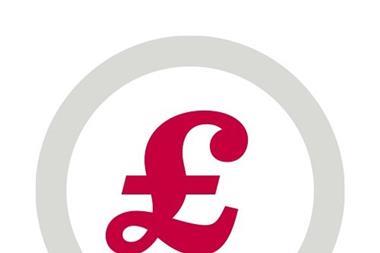
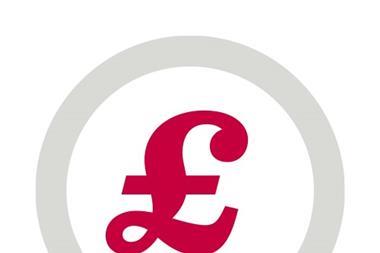
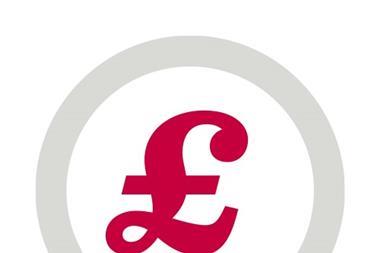
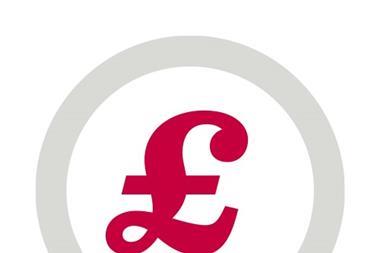
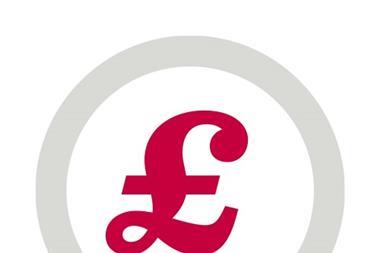
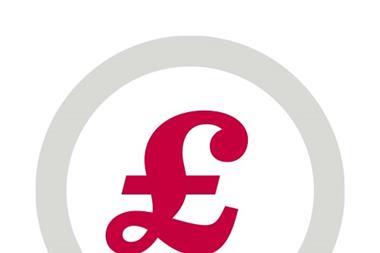
No comments yet